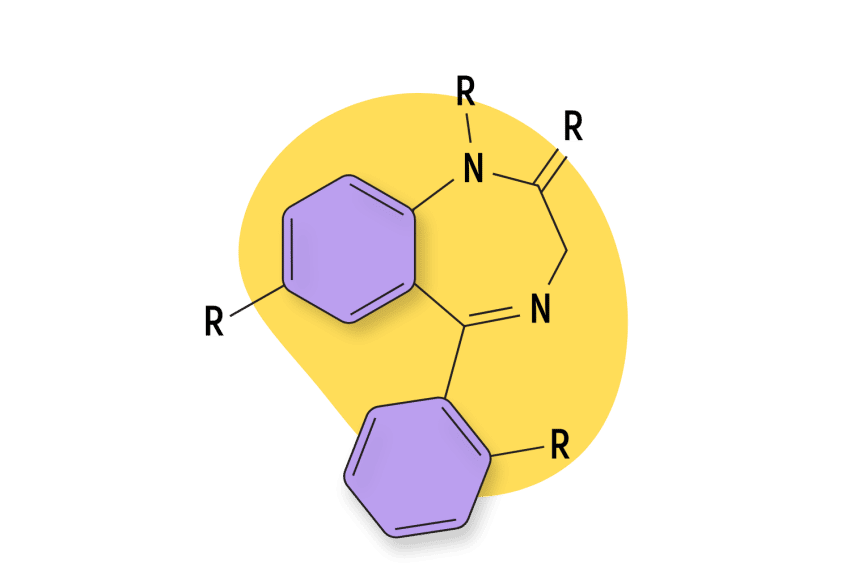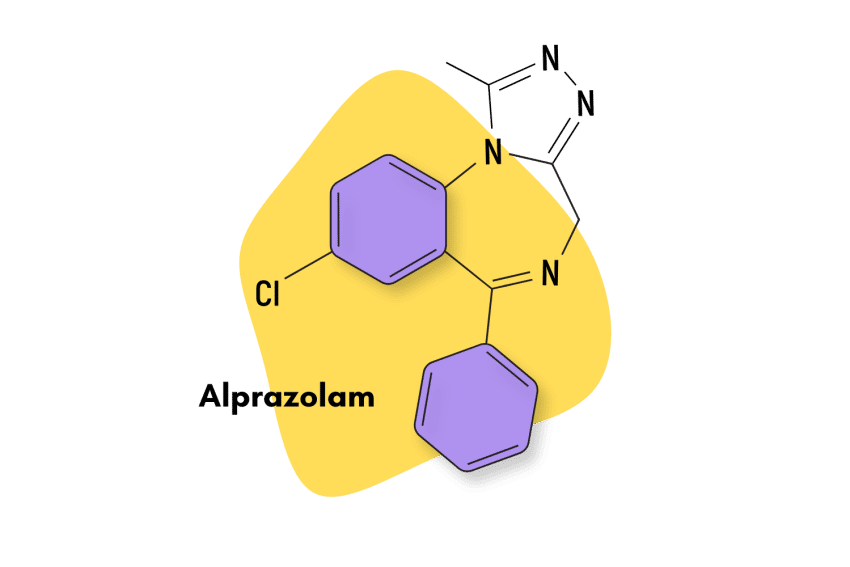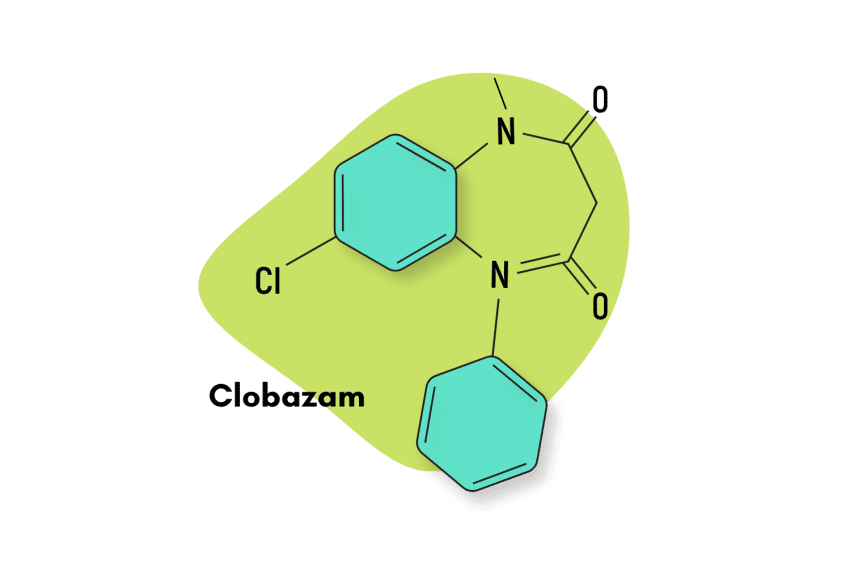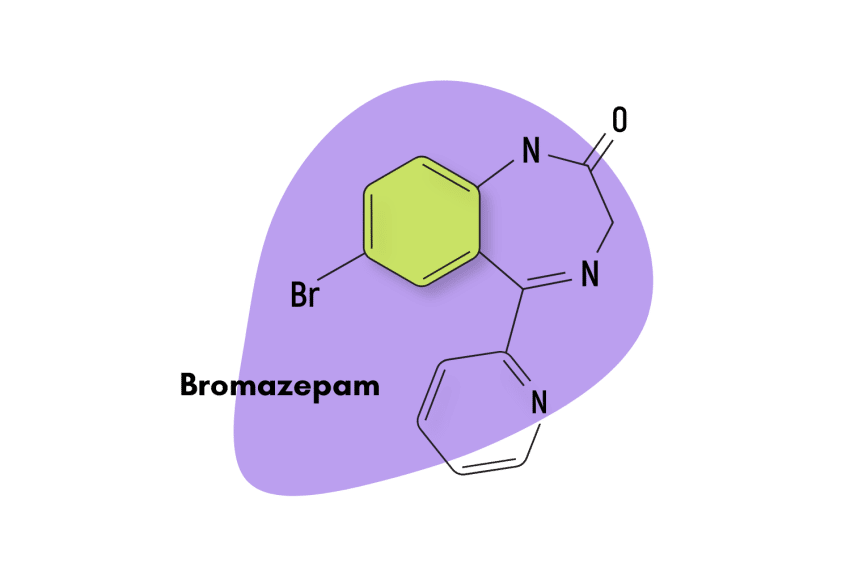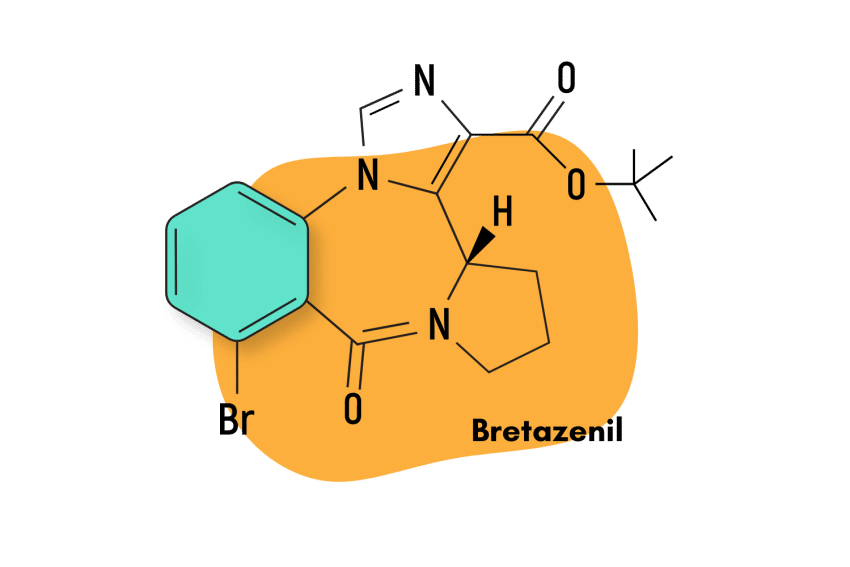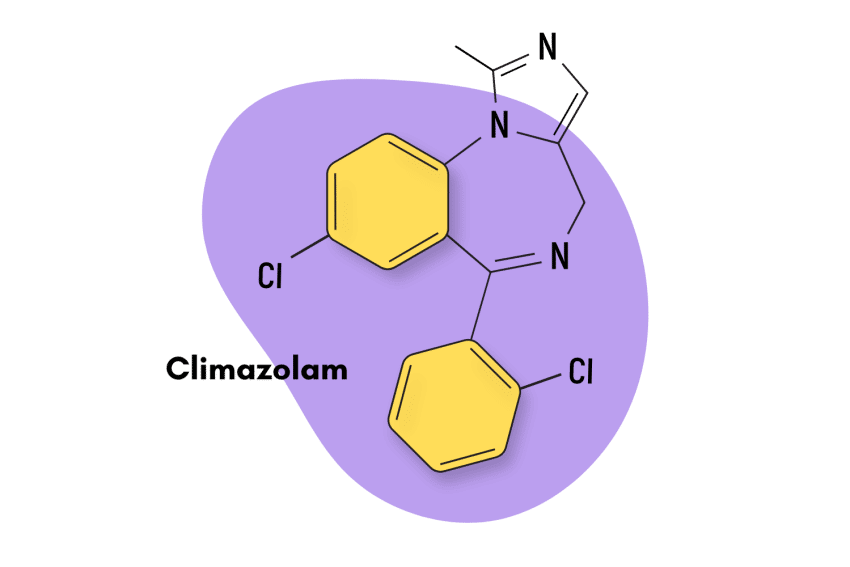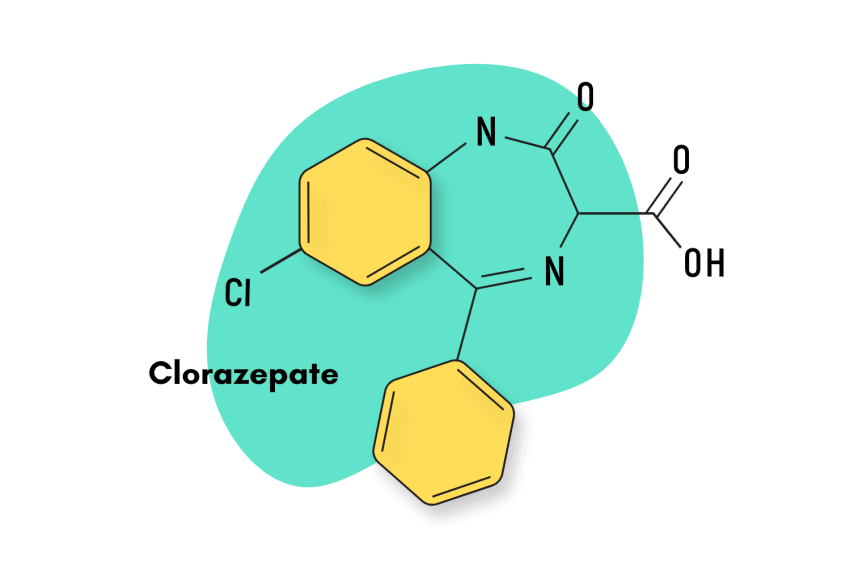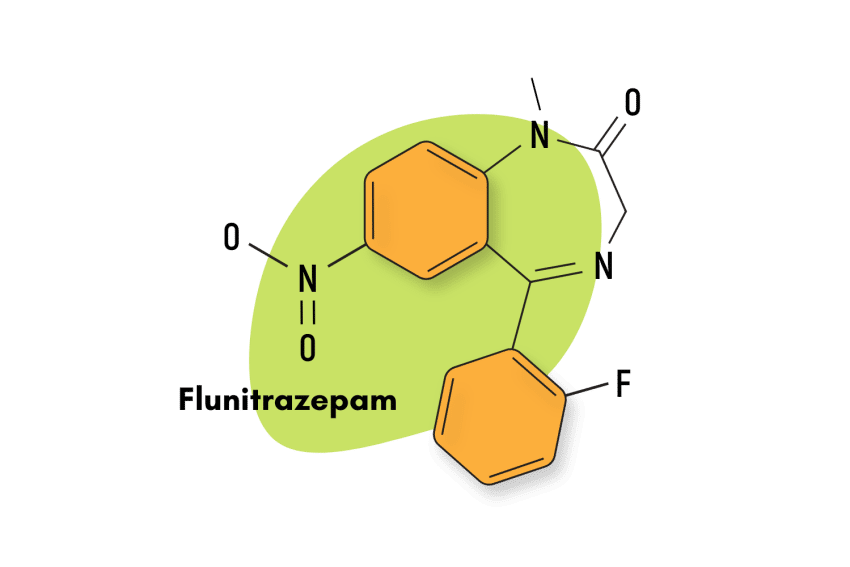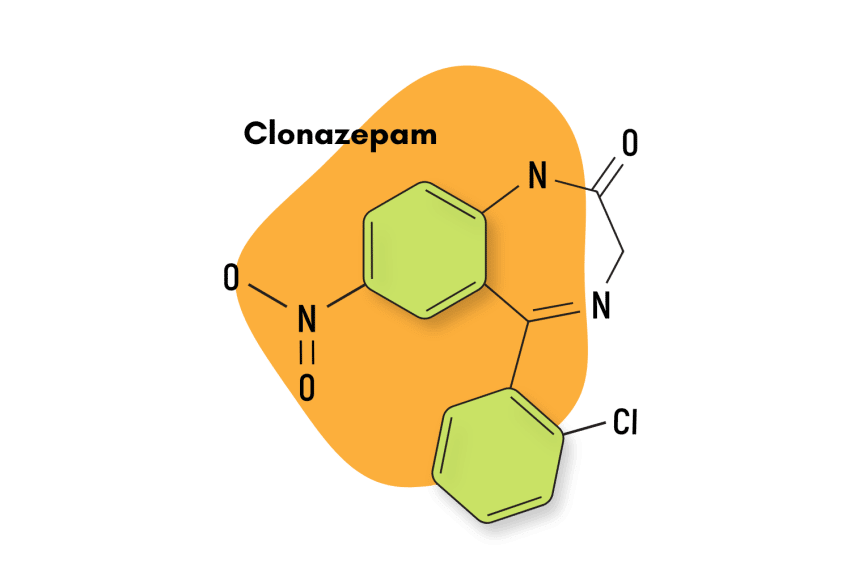Devazepide: An Atypical Benzodiazepine For Boosting Appetite
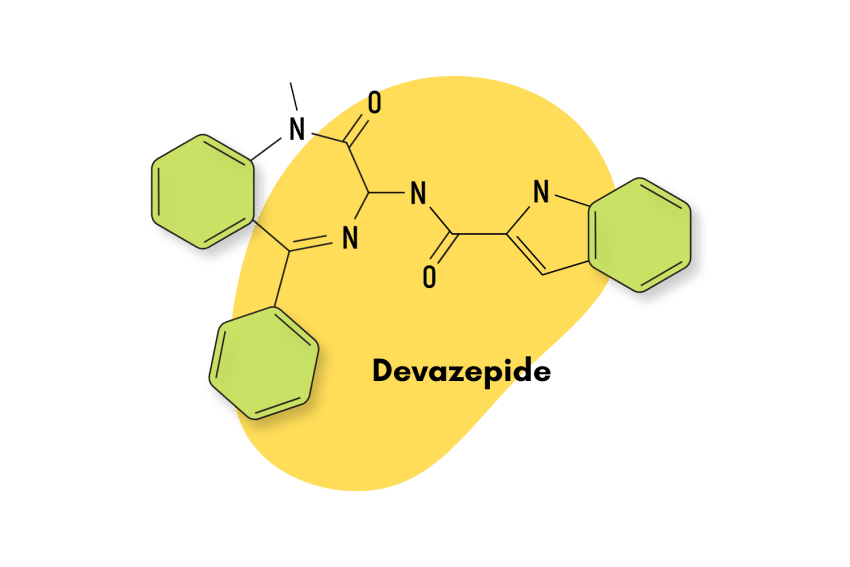
Devazepide, which also goes by the names L-364,718 and MK-329, is an atypical benzodiazepine. Instead of displaying an affinity for GABA-A receptors, devazepide exerts its effects through the cholecystokinin (CCK) receptors.
This unusual property has demonstrated that devazepide can increase appetite and speed up stomach emptying [1].
It has been suggested that devazepide could thus serve as a treatment for various gastrointestinal disturbances, such as dyspepsia, gastroparesis, and gastric reflux. The compound has also been used as a research chemical to further understand the CCK receptor.
The clinical development of devazepide has currently been discontinued.
Devazepide Specs
| Status | Research chemical |
| Common Dosage | Unknown |
| PubChem ID | 443375 |
| CAS# | 103420-77-5 |
IUPAC Name: N-[(3S)-1-methyl-2-oxo-5-phenyl-3H-1,4-benzodiazepin-3-yl]-1H-indole-2-carboxamide
Other Names: L-364,718 and MK-329
Metabolism: Unknown
Duration of Effects: Unknown
Benzodiazepine Dosage Equivalency Calculator
**Caution:** Benzodiazepines have a narrow therapeutic window. Dose equivalents may not be accurate in higher doses.
This calculator does not substitute for clinical experience and is meant to serve only as a reference for determining oral benzodiazepine equivalence.
Please consult a medical practitioner before taking benzodiazepines.
How Does Devazepide Work?
CCK is a gastrointestinal hormone and the most common peptide hormone in the body, being found throughout the gastrointestinal tract and also the nervous system.
CCK acts as a neuromodulator and a hormone, and it can, for example, cause contractions of the gall bladder and trigger the release of pancreatic enzymes. We also know it is highly linked to gastric emptying, which is the movement of solid and liquid gastric material along the gastrointestinal tract. Due to its importance, there is an interest in investigating CCK ligands, both antagonists and agonists.
Devazepide is a CCK receptor antagonist, which means it can block the effects of CCK receptor activation. However, the precise nature of devazepide’s effects on the body is still being figured out [2]. The working theory is that devazepide could be effective as a prokinetic agent. This means it could reverse the inhibition of gastrointestinal mobility, mainly due to disease or iatrogenic effects, such as in diabetic gastroparesis.
There are many questions as to the clinical feasibility of devazepide, though. At the moment, one of the main doubts about the effectiveness of devazepide, as well as other CCK receptor antagonist compounds, is how they seem to be dependent upon the nutrient-induced release of CCK.
CCK is released from endocrine cells within the gastrointestinal mucosa. If it isn’t released, the administration of a CCK receptor antagonist has little to no effect on gastric mobility. A study involving patients with irritable bowel syndrome (IBS) found that the gastric emptying of a mixed nutrient meal was unaffected by devazepide administration [2]. This is thought to be because of a lack of CCK release.
There are also some pharmacokinetic problems related to devazepide that hinder its effectiveness. During its clinical development, it was found to have poor pharmacokinetic properties, such as low water solubility and very low membrane penetration, due to a large polar surface area of the molecules and a relatively high molecular weight [3].
Even though studies have found devazepide to have some of the properties researchers hoped for, it seems that devazepide, on the whole, is not clinically feasible. Research has largely moved on to other compounds.
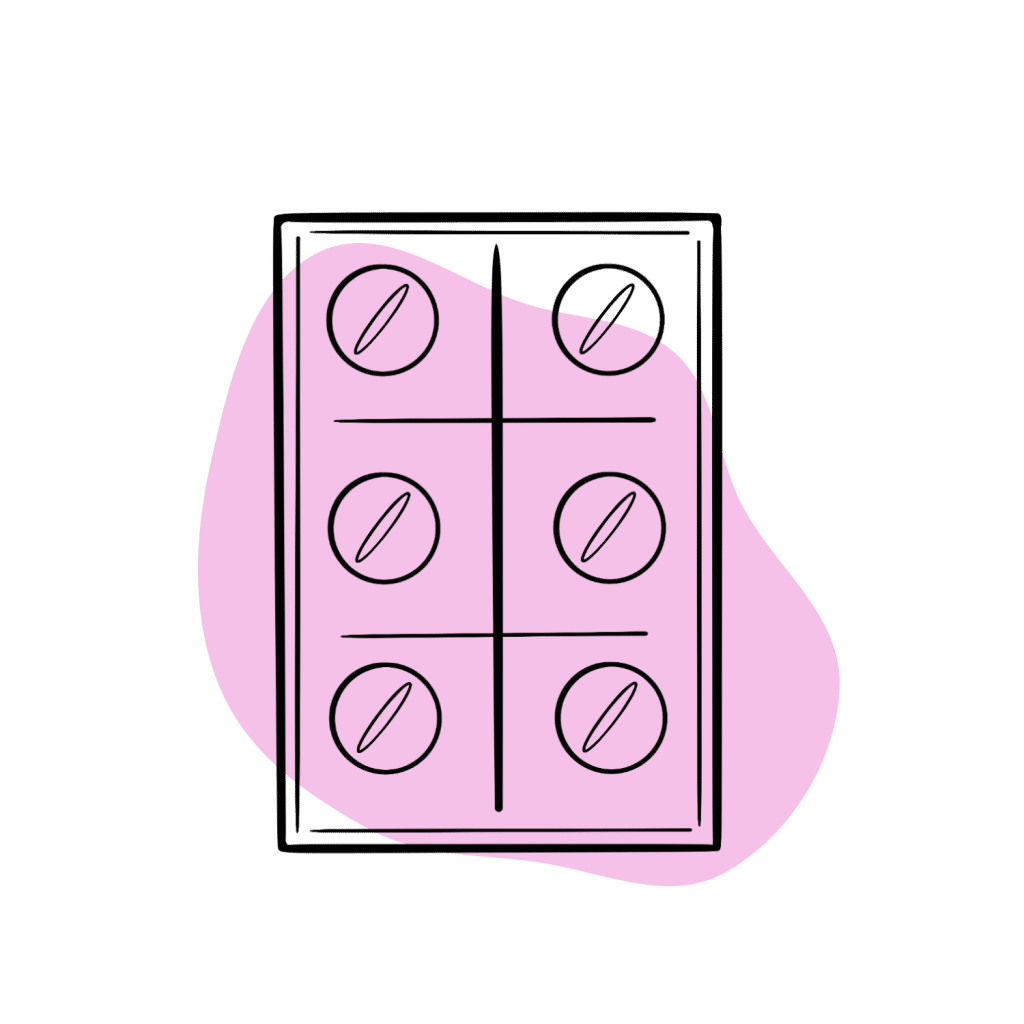
Is Devazepide Safe? Risks & Side Effects
Research into the potential side effects of devazepide is not easy to find. The little research available suggests that devazepide might cause gallstone toxicity [4].
In general, the safety profile of CCK antagonists does not seem to have been studied long-term in humans. However, one six-week study looking at loxiglumide, a selective CCK-A receptor antagonist like devazepide, found that the drug did not demonstrate adverse side effects or cause undue intolerance. It was found, though, that CCK antagonists display the potential to cause bile stasis and stone formation [5].
Benzodiazepine Withdrawal & Dependence
It is a well-established fact that benzodiazepines have the potential to cause dependence as well as withdrawal symptoms. However, this does not apply to an atypical benzodiazepine such as devazepide, which does not interact with GABA receptors and is non-psychoactive. Nothing in the clinical literature on devazepide suggests it may cause physical dependence. Indeed, from what we know, this would be impossible.

Harm Reduction: Devazepide
There is virtually no potential for drug abuse in devazepide; thus, there is little need to view it through a harm reduction lens. Indeed, devazepide is not even a psychoactive compound, so there is little danger of it getting picked by the designer drug community.
Devazepide Drug Interactions
There is not much known about how devazepide might interact with other drugs. What research exists is mainly focused on how it interacts with the CCK receptors and what physiological effects this causes, especially in the gastrointestinal tract.
However, some research suggests that CCK receptor antagonists can alleviate some of the gastrointestinal-related side effects of opioids and may even reduce their ability to cause dependence.
Similar Benzodiazepines
Due to the unique nature of devazepide, there is no other benzodiazepine we can meaningfully compare it to. So, instead, we’ll mention other compounds that do have some comparable characteristics.
Lorglumide
Lorglumide, also known as CR-1409, is a selective CCK-A receptor antagonist. This compound seems to have drawn more scientific attention than devazepide, which suggests researchers find it to be more promising. It has many of the same properties, but both compounds have been found to be clinically unsuccessful.
Dexloxiglumide
Dexloxiglumide is essentially an updated version of lorglumide. It has many of the same properties, but subtle differences suggest that dexloxiglumide might be more effective than its predecessor. Currently, it has had moderate clinical success, and its development is still ongoing.
Natural Alternatives to Benzodiazepines
There’s no need to feel stuck with your pharmacological benzodiazepine. Plenty of natural alternatives to benzodiazepines are now commonly available.
L-Theanine
Found in species of green and black tea, l-theanine is an active ingredient that can promote feelings of relaxation and work to reduce anxiety.
L-theanine works through two different pathways. One targets glutamate, the brain’s excitatory neurotransmitter, while the other targets GABA-A receptors, similarly to benzodiazepines. In simple terms, it decreases the activity of glutamate while increasing that of GABA [7].
As a bonus, l-theanine does not have the potential for physical dependence! However, users should be aware that its ability to cause effective anxiolytic relief is much less potent than that of pharmacological benzodiazepines. L-theanine is generally not considered effective in treating moderate to heavy depression or other anxiety-related disorders of similar gravity.
Kratom
Hailing from the tropical forest of Southeast Asia, where indigenous peoples have known of its benefits for centuries, kratom is a fantastic plant-based compound with a stunning breadth of pharmacological benefits! Indeed, in recent years, kratom’s range of effects has led to an explosion in popularity in the United States and the wider world.
One of kratom’s most interesting qualities is how its effects will vary depending on the dosage consumed. Research has found that in small doses, it acts very much like its distant cousin, the coffee plant, and produces both stimulant and cognitive benefits — perfect for a morning boost! When mid-to-high doses of kratom are consumed, though, the effects begin to bleed over into a different part of the kratom spectrum, becoming more anxiolytic and analgesic in nature. As even more kratom is taken, it begins to take on heavy sedative effects [8].

Devazepide FAQs
Is devazepide a selective CCK antagonist?
Yes. There are two types of CCK receptors: CCK-A and CCK-B. Devazepide is a selective CCK-A receptor.
Does devazepide have any other properties?
Yes. Devazpide suppresses cell proliferation and migration and has thus been studied as an anti-cancer drug for several types of gastrointestinal cancer [6].
References
- Ebenezer, I. S., De La Riva, C., & Baldwin, B. A. (1990). Effects of the CCK receptor antagonist MK-329 on food intake in pigs. Physiology & Behavior, 47(1), 145-148.
- Gale, J. D., & Mori, I. (2007). Emesis/Prokinetic Agents.
- Lattmann, E., Sattayasai, J., Narayanan, R., Benyamen, J., Balaram, P. N., & Lattmann, P. (2018). CCK1-antagonists: Design, Synthesis and Evaluation of N-Substituted Isobuyl-5-Hydroxy-5-Phenyl-Pyrrol-2-Ones as Adjunct to Opiates. Organic & Medicinal Chemistry International Journal, 5(5), 138-147.
- Morales-Magaña, J., Arciniega-Martínez, I. M., Drago-Serrano, M. E., Reséndiz-Albor, A. A., Jarillo-Luna, R. A., Cruz-Baquero, A., … & Pacheco-Yépez, J. (2022). Cholecystokinin Outcome on Markers of Intestinal IgA Antibody Response. Current Issues in Molecular Biology, 44(6), 2542-2553.
- Schmidt W, Creutzfeldt W, Schleser A, Chaudhury A, Nustede R, Hocker M, Nitsche R, Sostmann H, Rovati L, Folsch U. Role of CCK in regulation of pancreaticobiliary functions and GI motility in humans: effect of loxiglumide. Am J Physiol 1991;260:G197-206.
- Zhang, H., Bao, X., Zhang, J., Hu, Q., & Wei, B. (2021). Devazepide suppresses cell proliferation and migration, and induces apoptosis in bladder carcinoma. Translational Andrology and Urology, 10(5), 2113.
- Nathan, P. J., Lu, K., Gray, M., & Oliver, C. (2006). The neuropharmacology of L-theanine (N-ethyl-L-glutamine) a possible neuroprotective and cognitive enhancing agent. Journal of Herbal Pharmacotherapy, 6(2), 21-30.
- Eastlack, S. C., Cornett, E. M., & Kaye, A. D. (2020). Kratom—Pharmacology, clinical implications, and outlook: a comprehensive review. Pain and therapy, 9(1), 55-69.

